Here we look at what bullying is, how to spot the signs and what you can do to support your child if you’re worried they may be being bullied.
What is bullying?
Bullying is behaviour which affects a person's capacity to feel in control of themselves and their lives. The behaviour doesn’t need to be repeated, or intended to cause harm, for it to have an impact. This is because the threat may be sustained over time, usually by actions, looks, messages, confrontations, physical interventions, or the fear of these recurring.
Bullying behaviour can be physical, emotional or verbal and can cause people to feel hurt, threatened, frightened and left out. Often the person doing the bullying will have more power than the person being bullied. For example, they may be older, stronger or more popular.
Bullying can include:
- physical violence, like slapping, pushing, hitting, kicking or tripping or having belongings taken or damaged
- hurtful words, like name-calling, abusive messages, spreading rumours or constantly criticising, undermining, humiliating or threatening someone
- non-verbal abuse, like deliberately ignoring or excluding someone, or making rude hand signals, threatening gestures or silent phone calls
- trying to control or manipulate someone.
Bullying can happen in person, for example, in school, at an activity or club or when your child is out and about or at another child’s home. It can also happen online, on their phone, on social media, in group chats or online games – which unfortunately makes it even harder for your child to escape.
What is cyberbullying?
Online or cyberbullying involves the use of digital technologies to intimidate, harass, or humiliate someone. Online bullying can happen at any time and in any place, often making it harder to escape than other forms of bullying.
It can include:
- sending threatening or abusive messages or images
- trolling – making hurtful, threatening or abusive online comments
- deliberately excluding someone from group chats or online games
- setting up hate chats or sites about someone
- sending sexually explicit messages or images or demanding sexual images
- posting embarrassing, humiliating or sexual photos or videos online
- hacking into someone’s accounts or using their identity online to cause trouble for them.
You can find out more about cyberbullying on the Internet Matters website.
Is there anything I can do to prevent bullying?
While there’s nothing you can do to 100% guarantee your child won’t get bullied, there are some things you can do to support your child and make it less likely.
Tip #1: Talk to your child about bullying
Children and young people don’t always understand the consequences of their actions, and what’s funny to one child may be hurtful and upsetting to another child. (The same is true of adults – some adults find it hard to see the line between banter and bullying.)
If your child understands what bullying is and how hurtful it is, this will make it easier for them to spot bullying behaviour. You could talk about what they could do if they see someone else being bullied, or are bullied themselves, for example, telling you or a teacher or other trusted adult.
Another good thing to do is look for ‘teachable moments’ – for example, if a bullying storyline comes up in something they read or watch, you could discuss it together.
Tip #2: Encourage them to talk about their feelings
Talking about our feelings instead of bottling them up can help us cope with them, so we don’t get overwhelmed. So encourage your child to talk about how they’re feeling. For example, you could get into the habit of asking them how they feel every morning, while you’re having breakfast, or at tea time in the evening. Or if they tell you about something that happened at school, you could ask them ‘how did you feel about that?’
These pages have more suggestions that can help with this:
Tip #3: Be a good role model
People who bully don’t treat others kindly. If your child sees you being kind and respectful and sticking up for other people, in person and online, this will encourage them to be kind and respectful too, and to want other people to treat them in the same way. This may help avoid a culture of bullying within their friendship groups.
Tip #4: Help them control their emotions in a positive way
Everyone gets angry, upset, frustrated or grumpy every so often. The important thing is how we deal with it. So it’s also a good idea to show your child how to control their emotions in a positive way. For example:
- If you’re upset or angry about something, you could show them how to count to 10 and calm yourself down. Or you could try taking some deep breaths, breathing in for 5 and out for 7.
- If they’re upset and angry, try to respond calmly and help them find a way to feel better.
Here are some resources that can help:
- These videos from CBeebies are great for helping younger children explore how to cope with their emotions.
- For older children, Childline has some great resources, like their Mental Health First Aid Kit and Calm Zone
- Young Minds also have useful information and resources to help young people cope with difficult emotions like feeling alone or angry.
For more tips on keeping calm and preventing conflict, you may find this short course from the Anti-Bullying Alliance helpful to work through – it only takes about 15 minutes.
Tip #5: Help them build their confidence
People who bully like to pick on others who seem weaker, so the more confident your child appears, the less likely they are to be bullied. You’ll find lots of tips to help build your child’s confidence and help your teen build self-esteem and resilience here.
Tip #6: Be part of their online lives
Children and young people’s online lives can be as real and important to them as their offline lives. So just as you take an interest in what they’re doing offline – where they’re going, who they’re meeting and what they’re getting up to – it’s important to take an interest in their online lives too, and make sure that they’re keeping as safe as possible.
Our section on online safety has lots of tips for practical steps you can take (like setting up parental controls and making their accounts private) and looks at how to talk to your child about their online world and help them stay safer.
What are the signs of bullying?
No children are the same, and different children will react to bullying in different ways. Some children may try to hide what’s going on, because they feel embarrassed or ashamed, or don’t want to worry you, or are afraid of making things worse.
However, there are some signs that may mean they’re being bullied, or that something else is worrying them. These include:
- suddenly avoiding school, by claiming to be ill or skipping classes
- suddenly struggling with schoolwork or not doing as well at school as they used to
- changing the way they get to school
- unexplained physical injuries like bruising
- clothing or belongings getting lost or damaged
- a sudden change in behaviour, for example becoming withdrawn or anxious, seeming to lose their confidence or becoming tearful and easily upset
- asking for or stealing money
- a change in their sleeping or eating habits
- avoiding going out or seeing friends
- changing the way they use their phone, tablet, computer or games console, or becoming secretive about it
- complaining about stomach aches, headaches or other aches and pains.
In older children, you may notice an increase in risk-taking behaviour, like drinking or taking drugs, or getting into dangerous situations.
Of course these signs don’t necessarily mean that bullying is involved. You know your child best – so if something seems off, it’s best to try and find out what’s wrong.
How to talk to your child about bullying
If you spot any of these signs or are concerned your child may be being bullied, the first thing to do is talk to your child about the situation and find out how they feel. Here are some tips that may help.
Tip #1: Pick your moment
Choose a time when neither of you are in a rush and when you won’t get interrupted. It may help to get away from your home and go for a drive or walk, and to put your phone on silent.
It’s also a good idea to chat to them while you’re doing something else, like sorting out washing or cooking the tea. It may be easier for your child to talk about what’s going on if they don’t have to make eye contact.
You could even suggest they write down or draw how they feel, or message you, if that’s easier for them.
Tip #2: Keep calm
Finding out your child is being bullied can be really distressing, and you may feel upset, angry and frustrated. But try not to let this show, and to keep calm and listen to what your child has to say. If you need to vent, wait until later, when you can talk to your partner, or a family member or friend.
Tip #3: Be patient
Your child may not want to tell you everything at once, so be patient and don’t push them. Rather than asking lots of questions, you could try repeating back to them what they’ve told you, so they can see you've listened and understood.
Tip #4: Let them know who they can talk to
Remind your child that if they don’t want to talk to you, there are other adults in their lives they can reach out to. This could be a family member, a trusted teacher or a coach or youth club worker. You could also let them know that they can always talk to someone anonymously online or on the phone at Childline.
Tip #5: Don't dismiss what they have to say
In some cases, you may feel that what your child’s going through isn’t really bullying. This could be the case if there isn’t anything mean or malicious behind the behaviour they’ve experienced, for example, if only a small number of children can be invited to a birthday party and your child hasn’t been chosen, or another child breaks one of their belongings by accident.
But all the same, don’t dismiss their feelings or tell them they’re being silly. You could talk to them about why they feel hurt by the other child’s behaviour and ask them if they think the other child hurt them on purpose. Then you could talk about what you can do to make it better. For example, if they’ve had a falling out with another child, you could suggest they do something fun together to mend their friendship.
Tip #6: Don't tell them what to do
One of the worst things about being bullied is it makes you feel powerless. So saying things like ‘why haven’t you told a teacher?’ or ‘why don’t you stand up to them?’ isn’t helpful. Neither is rushing in and taking over.
Instead, ask them what they’d like you to do, and try to work out a plan together that you both feel comfortable with. Our page on what to do if your child is being bullied suggests different things you can try.
 Activities & Play
Activities & Play Behaviour
Behaviour Childcare
Childcare Development & Growing Up
Development & Growing Up Family, Friends & Relationships
Family, Friends & Relationships Feeding Your Baby
Feeding Your Baby Food & Eating
Food & Eating Health & Safety
Health & Safety Mental Health & Wellbeing
Mental Health & Wellbeing Money & Work
Money & Work Online Behaviour & Safety
Online Behaviour & Safety Pregnancy & First Days
Pregnancy & First Days School & Education
School & Education Sleep
Sleep

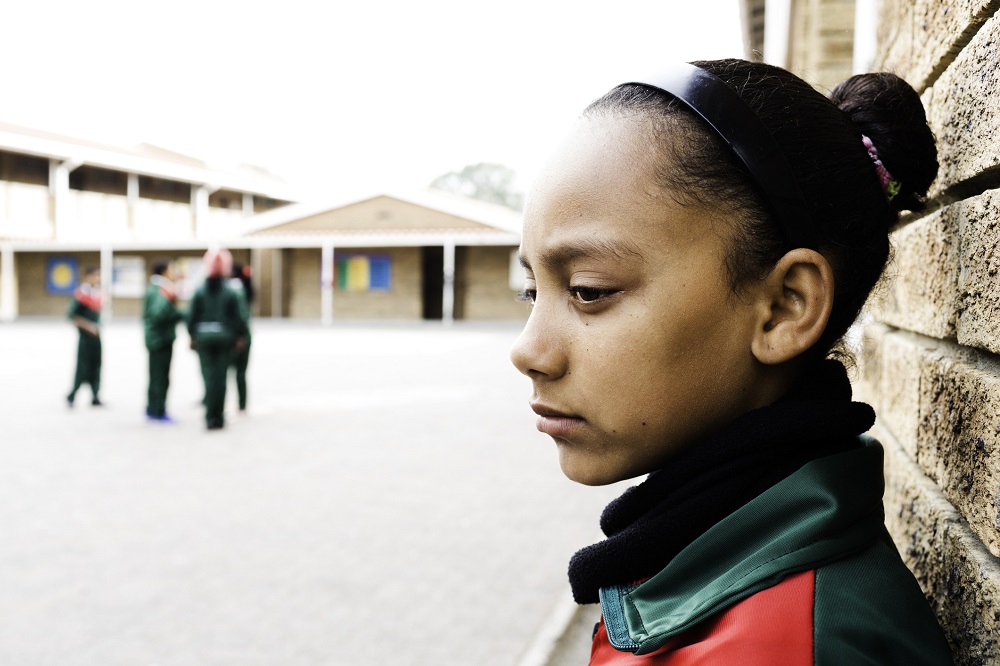
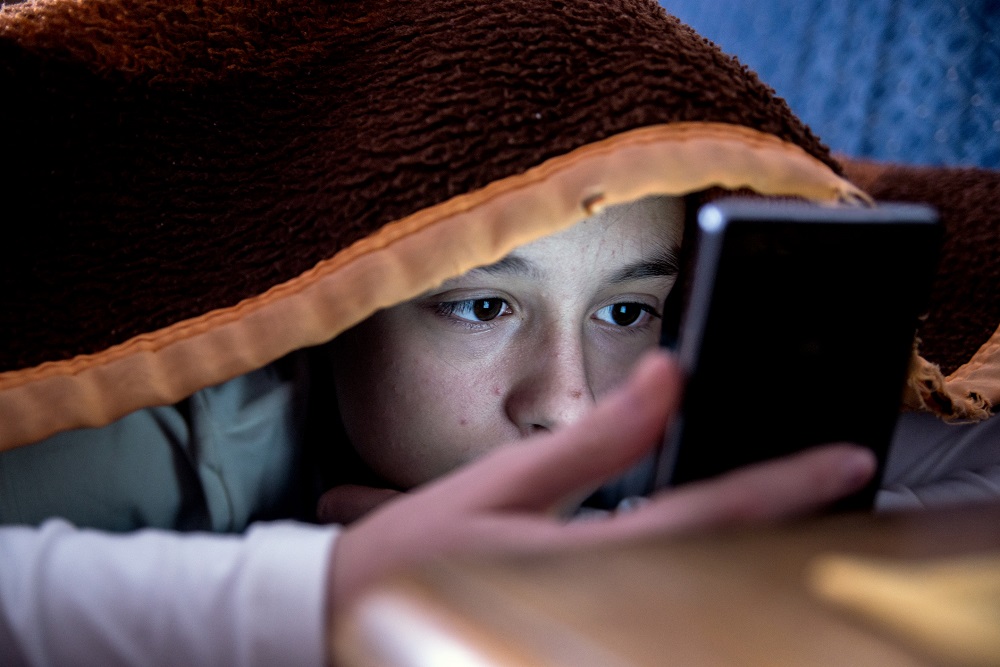
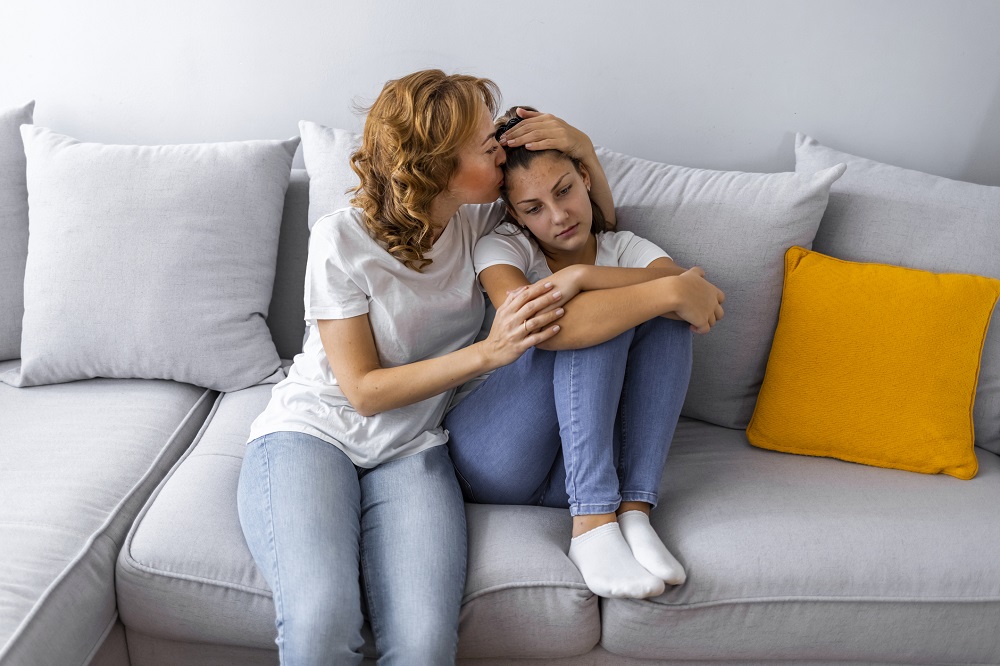
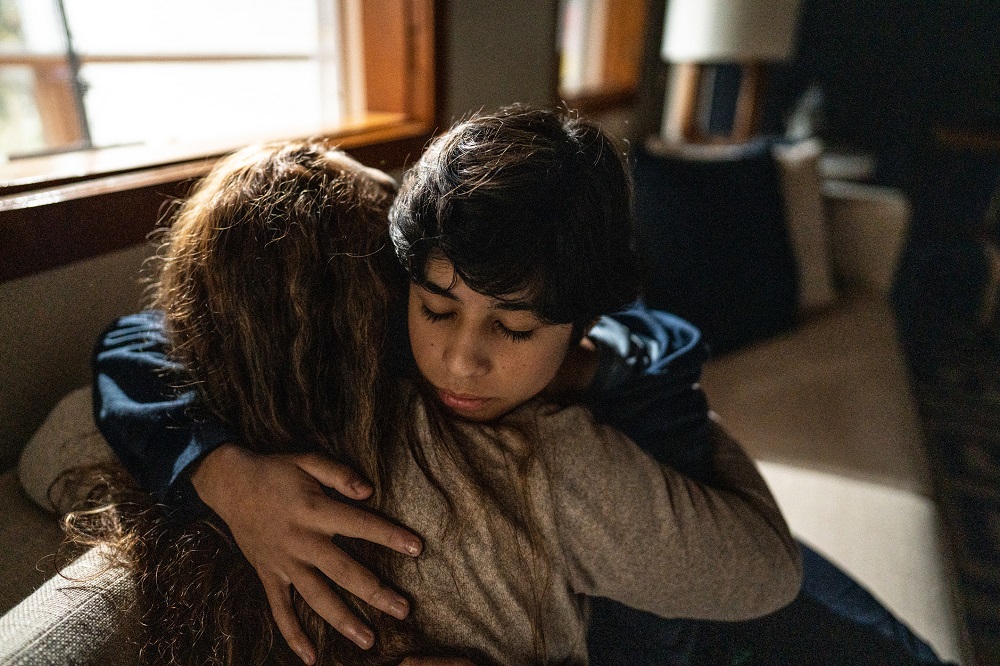
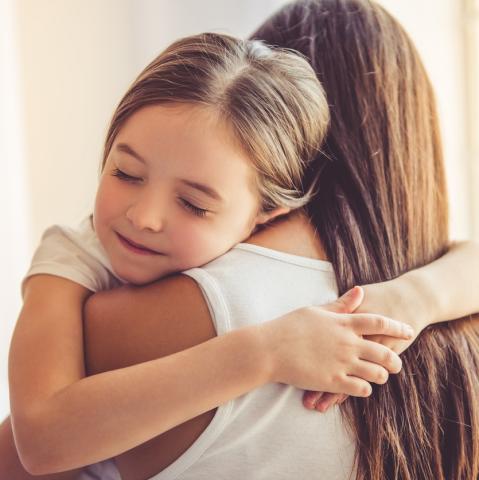
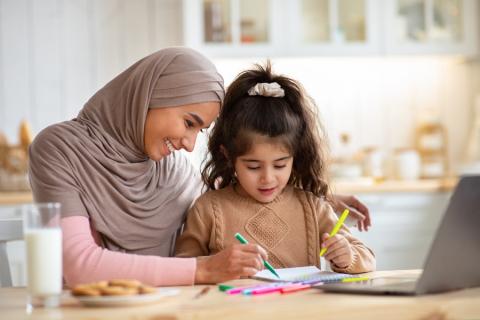
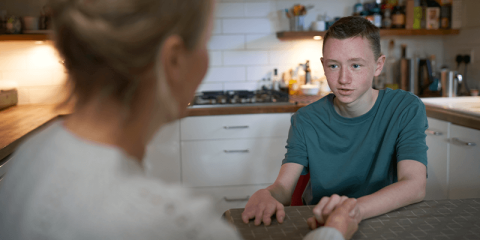
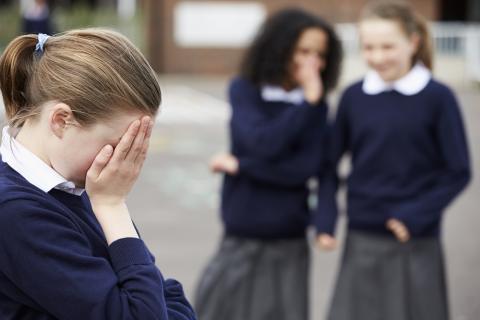
 Mental Health & Wellbeing
Mental Health & Wellbeing
 Family, Friends & Relationships
Family, Friends & Relationships